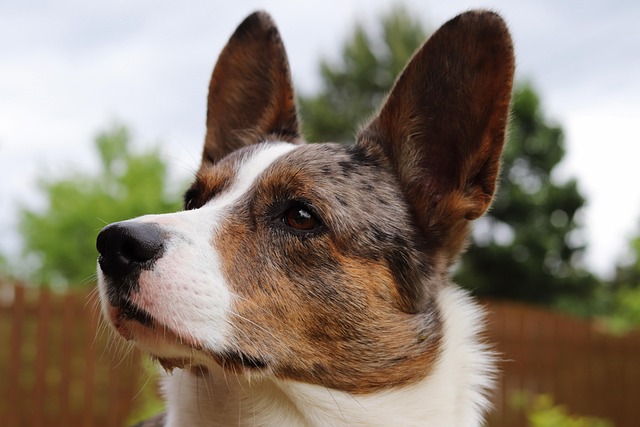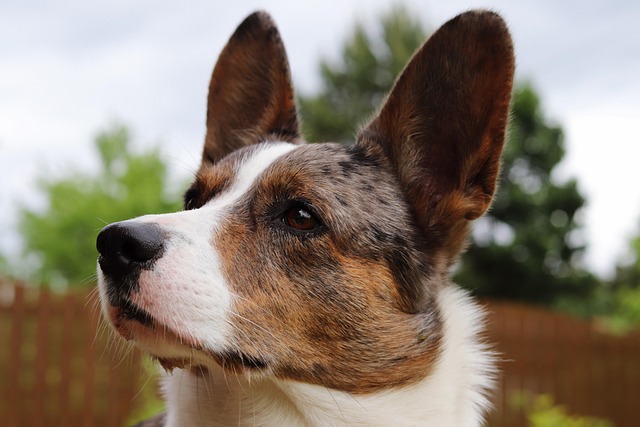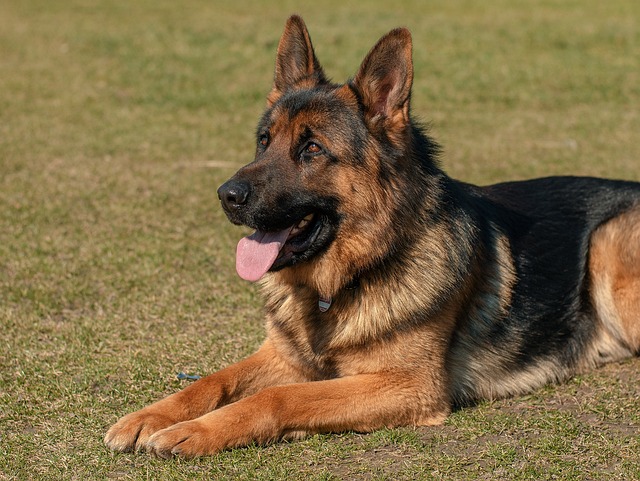When your furry friend has liver problems, every meal becomes a crucial part of their healing journey. Choosing the right foods isn't just about nutrition—it's about showing your dog you're looking out for their well - being. Let's dive into the best diet options that can support your dog's liver health.
Opt for lean, unseasoned proteins. In the U.S., many pet owners cook up chicken breast or turkey for their dogs, and it's a great choice for liver - challenged pups. These meats are packed with amino acids that the liver can process without getting overwhelmed. Gently cooked eggs or low - mercury fish like cod are also excellent, but always avoid processed deli meats, as they often contain high sodium and additives that are against pet food regulations in many regions.
Carbohydrates should be simple and digestible. Plain, cooked rice—white or brown, depending on your vet's advice—is a staple in many dog bowls. Oatmeal without any added sugars or flavorings is another winner. These carbs provide energy without putting extra stress on the liver, fitting well within the AAFCO - recommended nutritional guidelines for pet diets.
 Veggies and fruits play a vital role too. Steamed squash, carrots, or green beans are easy on the digestive system and rich in nutrients. A handful of blueberries or apple slices (minus the seeds, of course) can add a natural sweet treat. Just remember, never give your dog grapes or raisins, as they're toxic and can land you in trouble if not avoided, given the strict pet safety laws in place.
Veggies and fruits play a vital role too. Steamed squash, carrots, or green beans are easy on the digestive system and rich in nutrients. A handful of blueberries or apple slices (minus the seeds, of course) can add a natural sweet treat. Just remember, never give your dog grapes or raisins, as they're toxic and can land you in trouble if not avoided, given the strict pet safety laws in place.
Steer clear of anything that might burden the liver. High - sodium snacks, fried leftovers from your plate, and treats with artificial colors are off - limits. These not only harm your dog's liver but may also violate pet food labeling and safety regulations. Keep an eye on fat content as well, since too much can lead to digestive issues.
Portion control and feeding frequency are key. Instead of one big meal, split your dog's food into smaller, more frequent servings throughout the day. Collaborate with your vet to figure out the right amount based on your dog's size, activity level, and the severity of their liver condition. They might recommend commercial diets specifically formulated for liver health, which meet strict industry standards.
Remember, every dog is unique. What works for one pup might not work for another. Always consult your veterinarian before making major changes to your dog's diet. They can provide personalized advice, especially if your dog is on medication. Supplements like milk thistle might be suggested, but never administer them without professional guidance.
By taking these steps and being mindful of what you put in your dog's bowl, you're not just feeding them—you're actively helping them heal. With a little love and the right diet, your dog can still enjoy mealtime and live a comfortable life despite their liver condition.

 Veggies and fruits play a vital role too. Steamed squash, carrots, or green beans are easy on the digestive system and rich in nutrients. A handful of blueberries or apple slices (minus the seeds, of course) can add a natural sweet treat. Just remember, never give your dog grapes or raisins, as they're toxic and can land you in trouble if not avoided, given the strict pet safety laws in place.
Veggies and fruits play a vital role too. Steamed squash, carrots, or green beans are easy on the digestive system and rich in nutrients. A handful of blueberries or apple slices (minus the seeds, of course) can add a natural sweet treat. Just remember, never give your dog grapes or raisins, as they're toxic and can land you in trouble if not avoided, given the strict pet safety laws in place.



